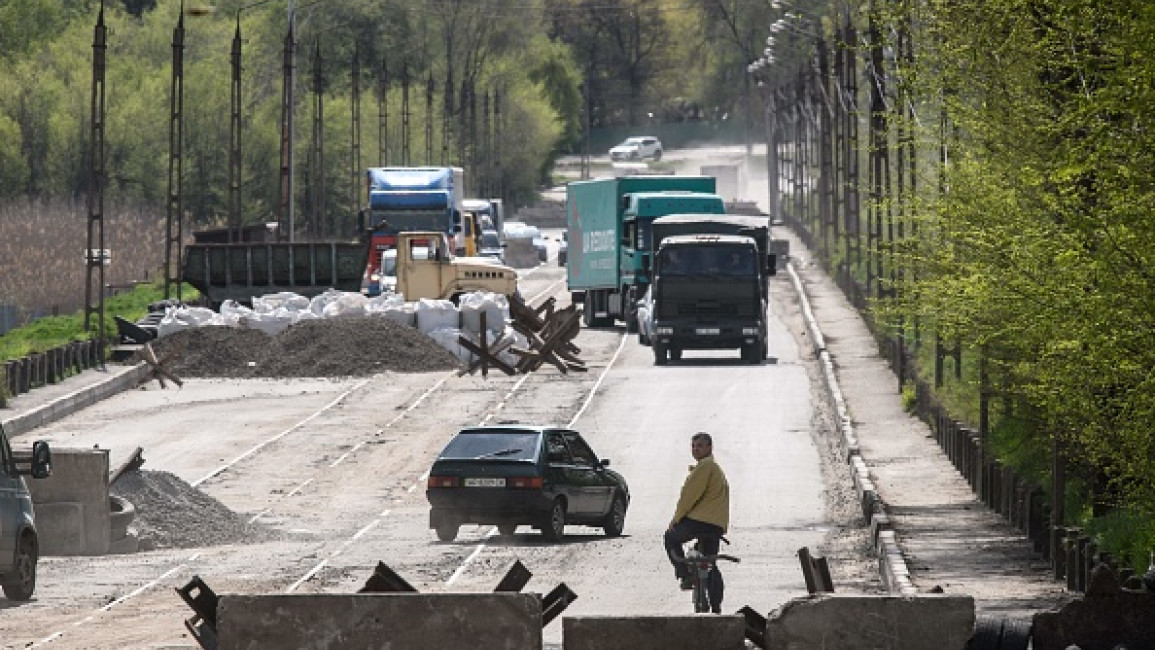'War has reached us': Strike shocks village in southeast Ukraine
Viktor Golovachuk returned from a night shift at his local steel plant in southeastern Ukraine on Friday to find a munition attack had blown the roof off his house, destroyed its outbuildings and buried his dog Malysh under rubble.
The strike landed just after dawn, blasting a wide crater in a quiet cottage-lined street of Novotavrycheske village, which is around 40 km (25 miles) from the front line of fighting between Ukrainian and Russian forces.
"How do I describe it? Shock - I couldn't believe it until I got here," Golovachuk said in his debris-strewn yard.
"There are no military sites here. What - is my house a strategic target? Or my neighbour's? What was there to destroy here?" he asked, as another distant explosion boomed out.
Nearby, a dog's legs poked stiffly out from underneath shattered slabs of concrete. Helped by a neighbour, Golovachuk cleared the mess, lifted Malysh's body gently into a blanket and placed him under a blossoming fruit tree.
Since Russia invaded Ukraine on Feb. 24, Novotavrycheske's residents say they have got used to the sound of blasts and rockets flying overhead, but Friday's strike was the first direct hit on the village.
Russia calls its actions in Ukraine a "special military operation" and says it is not targeting civilians.
"Nothing like this has happened here until now," said the head of the local council Vasily Zakarlyuka. "Firstly, it's fear. Fear and horror, because the war has reached us now. Everyone was scared, people were running around and worried."
"The main thing is everyone is alive."
Nobody was home at the time of the blast, because the war has already split up Golovachuk's family. His two sons are off fighting with the Ukrainian forces and his wife and 11-year-old daughter have fled to the relative safety of western Ukraine.
His wife wept when he told her about the strike by phone, he said.
The shockwave from the explosion shattered the windows of their home and flung shrapnel with enough force to pierce the metal fences of houses further down the street.
Golovachuk's parents and friends helped him salvage furniture and other belongings from the house that was strewn with broken glass and chunks of plaster and wood.
Standing in the hall, his mother Kateryna Golovachuk, 65, said she was reluctant to abandon the village, where the extended family had seen many happy times before the war.
"If it gets too dangerous, we will leave. But not yet," she said.
(Reuters)



